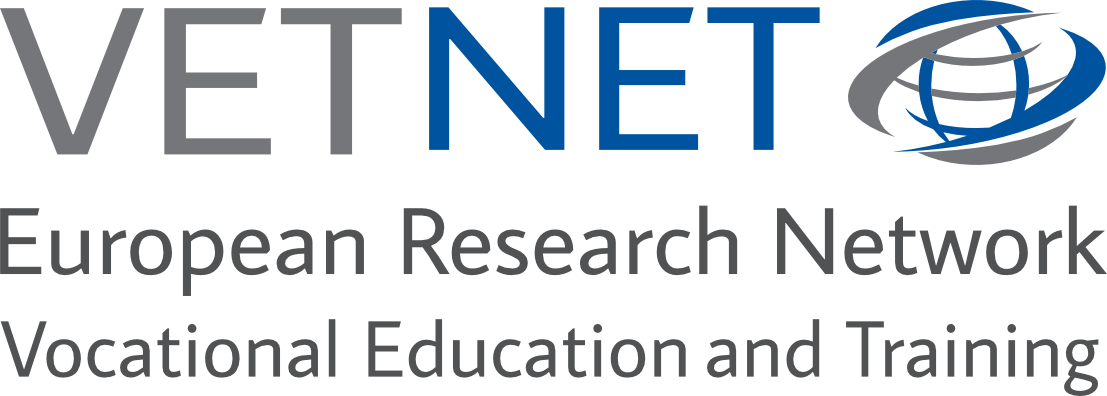Who Demands Technical and Vocational Education in Pakistan? A PSLM Analysis of Socio-Economic Determinants
DOI:
https://doi.org/10.13152/IJRVET.11.2.5Keywords:
Vocational Education and Training, VET, Competency Based Training, Socio-Economic Factors, Logit Estimation, PSLM DataAbstract
Purpose: The present study investigates the influence of demographic factors on the demand for Technical and Vocational Education and Training (TVET) in Pakistan. The government of Pakistan has implemented various skill enhancement programs to harness the demographic dividend. However, only a small portion of the workforce receives any form of TVET, contributing to a shortage of skilled workers in the country. Many industries, particularly in manufacturing and mining, face deficits in the skilled labour. Consequently, this study aims to examine the role of demographic factors in shaping the demand for TVET within the Pakistani context.
Methods: For the TVET demand's estimation, this study employed the Pakistan Social and Living Standard Measurement (PSLM) dataset of 2018–19 by using binary logistic regression analysis (BLRA). The demographic variables include the household's income, household head's education, household size, male proportion of the target age group, household head's age, and region of the household.
Findings: The findings indicate that households in the higher income category do not demand TVET. Moreover, if the head of the household is highly educated, then the household is less likely to participate in TEVT. So, the higher the socio-economic status, the lower the probability of demand for TVET from the better-off students. Further, this study also indicates that boys are more likely to participate in TVET-related degrees, while females are less likely to participate in TVET due to the non-availability of institutes and hostel facilities, poor transportation, the limited number of trades available for females, and security issues.
Conclusion: The findings provide insightful evidence to support the idea that the higher the socio-economic status of households, the lower the probability of demand for a TVET degree or diploma. Similarly, children of parents with university education are less likely to pursue TVET-related degrees. The reason is likely attributed to the perception that TVET-associated degrees and diplomas are considered inferior due to their lower standing and prestige as compared to general or professional degrees. This study suggests that the attractiveness of TVET can be enhanced by improving the quality of TVET, improving labour market outcomes, and creating a pathway to general education. Overall, this study not only contributes to empirical analyses of socio-economic determinants in TVET demand but also suggests that its findings can be applied not only to South Asian countries but also to other comparable nations with similar cultural ties and affinities.
Downloads
Online First / Final Publication Date
How to Cite
Issue
Section
URN
License
Copyright (c) 2024 Suhrab Khan, Kazim Ali

This work is licensed under a Creative Commons Attribution-ShareAlike 4.0 International License.





